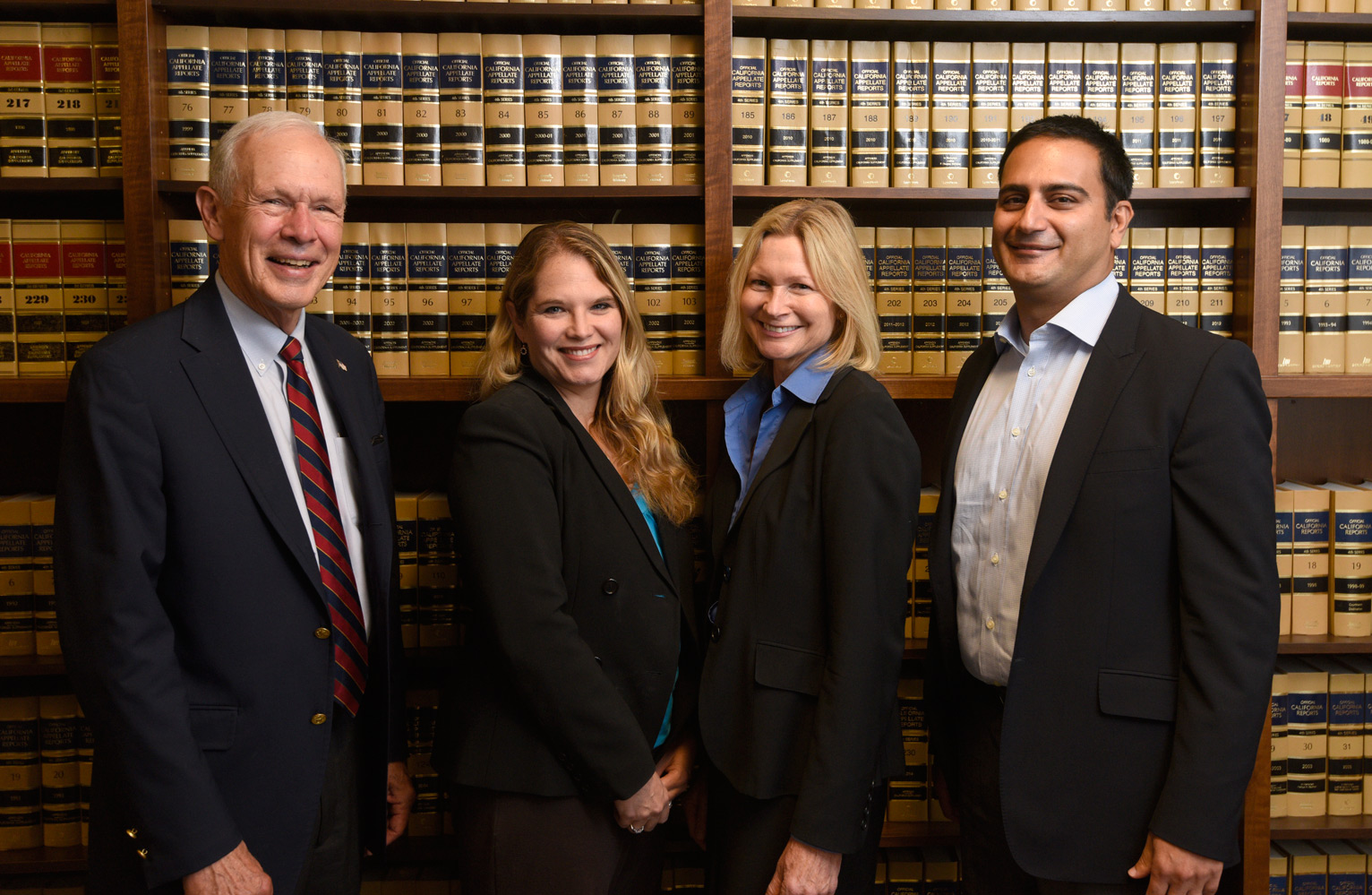Price, Postel & Parma Celebrates 165 Years
S.B. Law Firm Is Longest-Running in California

If there’s a “law of the land” in California, in some ways, Santa Barbara’s Price, Postel & Parma law firm could fit the phrase: It’s the oldest continuously operating business in Santa Barbara and the oldest law firm in California. In May of this year, the venerable 25-attorney firm celebrated its 165th anniversary, marking a milestone for a business that opened its doors in the Gold Rush era.
Today, Price, Postel & Parma (PP&P) handles all manner of contemporary legalities, from business, to environmental, to family law cases, but its history has lived on in the present. The firm has represented some local families since the early 1900s, and only 20 years ago did PP&P revert to standard white stationery after using a 100-year-old stock of light-blue paper from the Spanish-American War.
The firm’s founders all played impactful roles in S.B.’s early days. Founding partner Charles Fernald first served as S.B.’s sheriff, then district attorney, county judge, and in 1882, mayor; Montecito’s Fernald Point boasts his name, and the city’s first streetlights, trolleys, and road over San Marcos Pass were all his legacy. Second partner Jarrett Richards also served as mayor, having run the Santa Barbara Times as a vocal advocate for public railroads.
Firm partner Francis Price helped secure local water from the Santa Ynez River and played a role in the formation of the S.B. harbor, the airport, the Bradbury Dam, and Old Spanish Days’ Fiesta, while firm partners A.C. Postel and Harold Parma (of Parma Park fame) were both huge participants in S.B. nonprofits. No descendants of Fernald are with the firm, but several firm members are from families that trace their roots in Santa Barbara to the founding of the Presidio in the 1780s, said a PP&P representative of.
The firm’s longest-serving attorney is Arthur Gaudi, who joined the firm in 1965. Gaudi says the most significant change has been the pace of law practice. “In the 1960s, attorneys communicated with each other and with the courts largely by mail. As a result, there was more time for reflection and deliberation than there is now,” he said, adding that smoking is now banned and offices are quieter (due to the use of computers instead of typewriters), but the firm maintains a “high level of commitment and service to all clients, regardless of the size of the case.”



